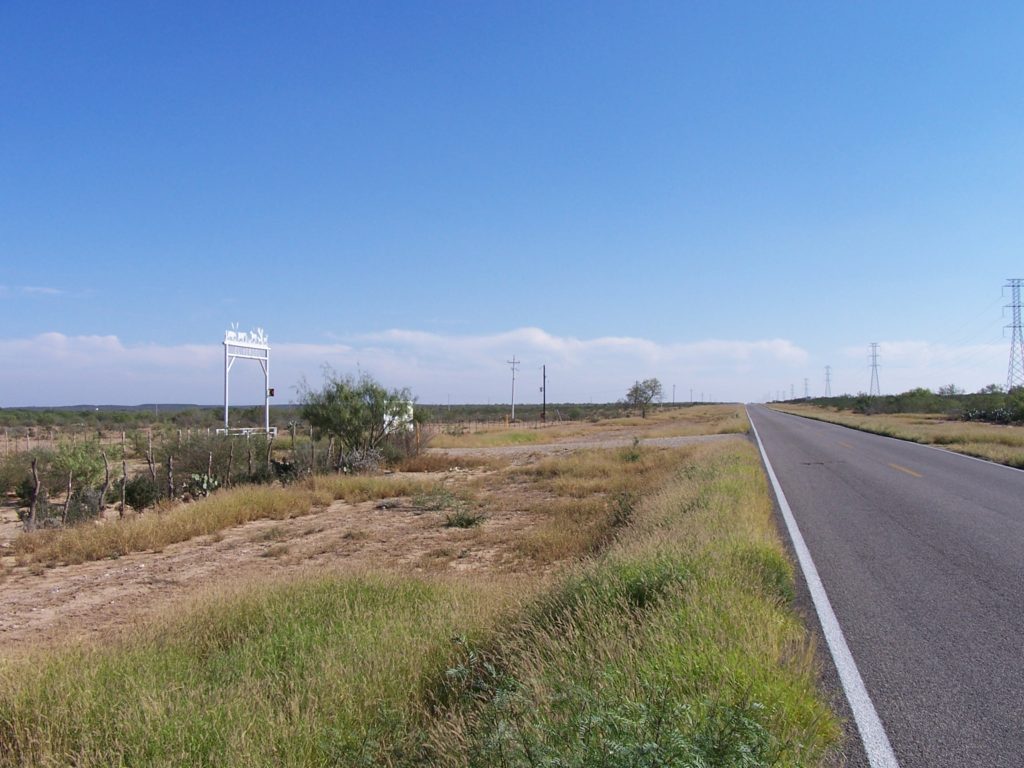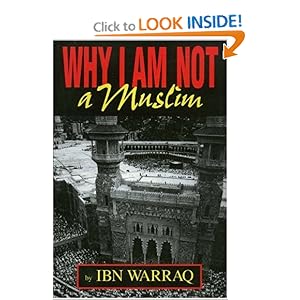
I didn’t actually have to swim across the Rio Grande. I stepped off the bank into the shallow water and started to walk toward the US side. Of course I was ready to swim. Everything in my backpack was placed inside tightly closed plastic bags. As the water rose slowly up my thighs, I scanned the gringo bank, looking for any movement, but there was no moon and the starlight only gave me shadows. I expected at any minute to be stabbed by flashlight beams, to hear Border Patrol agents shouting at me in Spanish, but I only heard the water rippling over a gravel bank.

 The apology (or defense) is
The apology (or defense) is 

 The contrary view on Islam is given in
The contrary view on Islam is given in